Things are clearer when you are out of power, argues JOSHUA J. OMOJUWA
Gen. Muhammadu Buhari (rtd.) was done with questing to be president of Nigeria. Having tried to get elected three times and failed, no one was going to blame him for not trying again. It was October 2011, and he had just lost his third, and what was thought to be his final attempt. The country’s main debate at that time was fuel subsidy and its appurtenances, especially the corruption. It was not out of place then that when I got a chance to visit him at his residence in Abuja, I was going to ask him the subsidy question.
The General was visibly angry as he answered, asking rhetorically, “who is subsidizing whom?” As far as he was concerned, it was Nigeria’s oil, it was the Nigerian people running the value chain of its production, the question of subsidy sounded out of place to him. I published the video. More than one person voted for him on account of that video, some saying that much in the comments. He would appear justified months later when the corruption in the subsidy regime came to the fore, with names of oil marketers and the owners of the companies coming out for mention, for receiving money for vessels that never berth in Nigeria and other forms of stealing in the name of fuel subsidy. In the end, most of it came to nothing. But Gen. Buhari’s story had not peaked yet, as even he would come to learn.
He ran in 2003, 2007 and 2011 as a lone ranger, one-man army. He was a votes’ magnet, attracting millions of votes as an individual in a way that hasn’t been matched ever since but his popularity could not match the ruling PDP’s structure, depth and spending power. Buhari soon learned and accepted that he could not do it alone, so he agreed to an alliance that eventually combined the ACN, Buhari’s then party CPC, parts of APGA and the ANPP, whilst influential elements of the PDP joined later. With the country apparently desperate for change and the Jonathan government having lost the narrative and short on legitimacy, running under the APC, Buhari became the first Nigerian to defeat an incumbent president in 2015. Despite being Head of State about three decades before, he was soon to learn than governing in Khaki wasn’t the same as governing in Agbada.
A good man had finally become Nigeria’s most powerful man. A man who had shed tears on TV after losing his third election, with many crying with him as they imagined a future Nigerians would never have, for missing out on him. A vignette of his submission, after winning a tough re-election and governing Nigeria between May 2015 and May 2023 can be summed up in what Katsina State’s Governor Dikko Radda shared when reflecting on the former president who had just died in a London hospital, on the 13th of July.
Dikko Radda said his conversations with the former president were mostly around the plight of Nigerians and patriotism. “He always told me that, ‘Your Excellency, go and do your best and be honest as a leader. You cannot satisfy Nigerians; only God can do that.’ He said he suffered a lot, but now he sees himself as a free man with a sense of relief.” Quoting him directly on a reflection about President Tinubu and the subsidy question, Governor Radda said, “Let me use his words: ‘I pity Bola (President Tinubu) for what he is doing. He is a brave man for removing the fuel subsidy. When I was president, whenever I made an attempt to remove the subsidy, a lot of people would give me too many reasons not to do so. But Bola did it immediately. If he had consulted people, he could not have removed the fuel subsidy now.”
These words look poignant to me. Clear beyond a doubt that the Buhari that went to Aso Rock in 2015 was not the one that left it. He had seen things that I believe one could only see by looking from that vantage point of presidential power.
A lot has been said about the man, a lot more will yet be said. For someone who led a complex and complicated country like ours twice, it is normal to see the many colours of the reflections. Some went beyond that to mock him in death. I guess only as much as a man who attained the highest ranks of his profession, led his country and died at the age of 82 could be mocked. Life is funny, because since his death, it is not impossible that some of those who praised or mocked him have either died or lost loved ones. Such is the certainty of life, death.
President Buhari never stopped being a good man. You could say without a doubt that the man never went into a room as president whilst negotiating deals for his own benefit. The man though helped me to see the limitations of power. I went from one who was quick to launch criticisms at the office of the president to a person so frustrated by the contrast between expectations and results, I had to take a mental and physical break from Nigeria. By this time, I dealt with Nigeria in the silence of my thoughts, prefering to share other opinions, hardly the political ones. It was part hypocrisy — I had been accused of being one of those that helped him become president. Not true in reality but availability heuristics is more blinding on social media.
More than that, it was coming to learn that, presidential power was not omnipotent. Like President Goodluck Jonathan before him, President Buhari could have done more, but we could have done better to see that position for what it really was and still is; Yes, you are the president. But how much of the world that you govern do you really see? Things are clearer when you are out of power. May the soul of President Muhammadu Buhari Rest In Peace.
Omojuwa is chief strategist, Alpha Reach/BGX Publishing



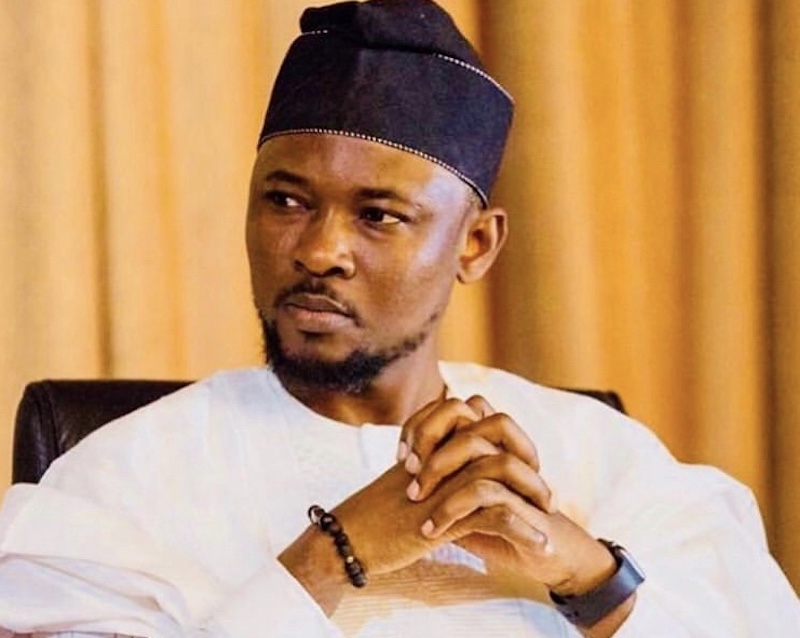


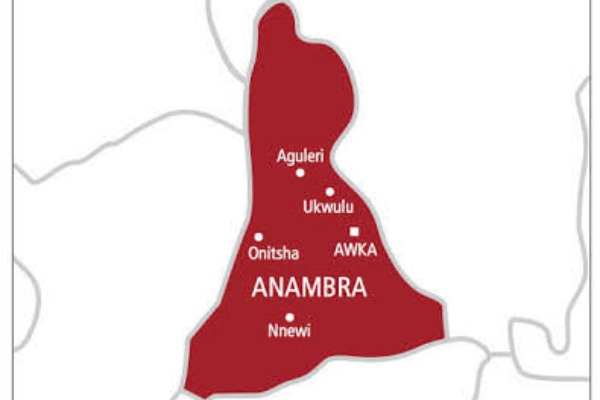

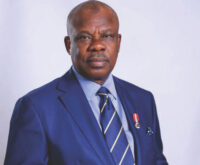
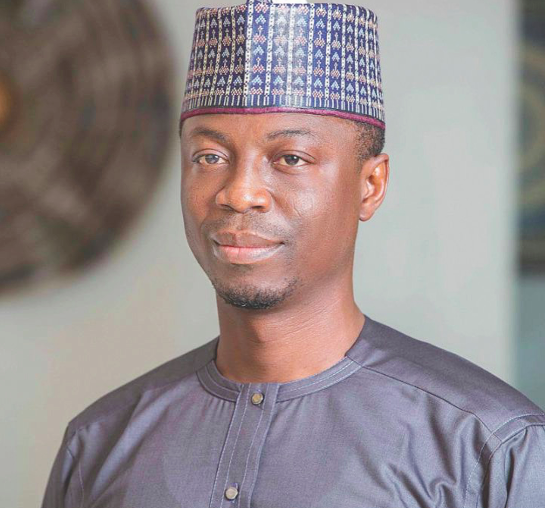
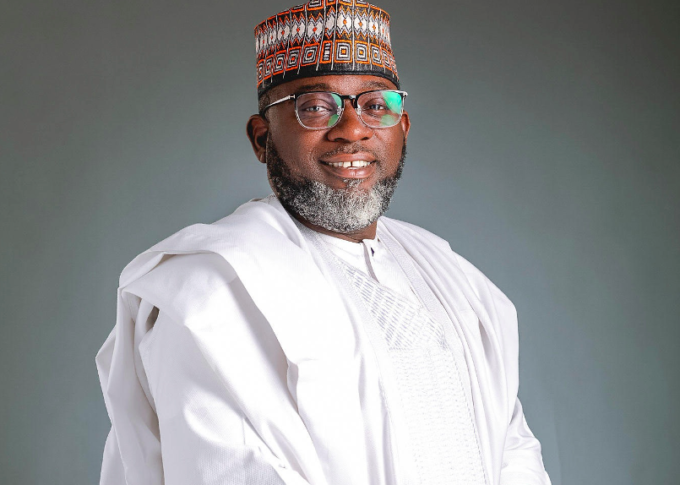
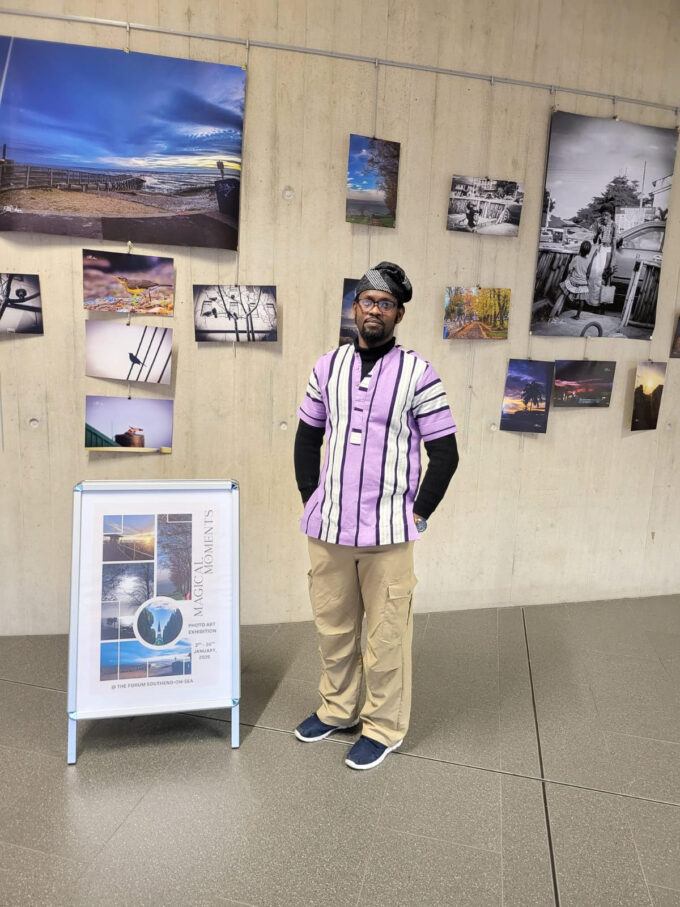
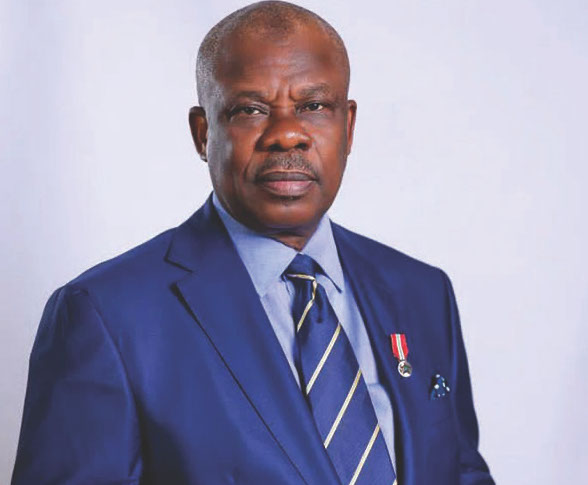



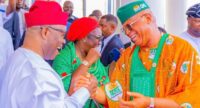

Leave a comment